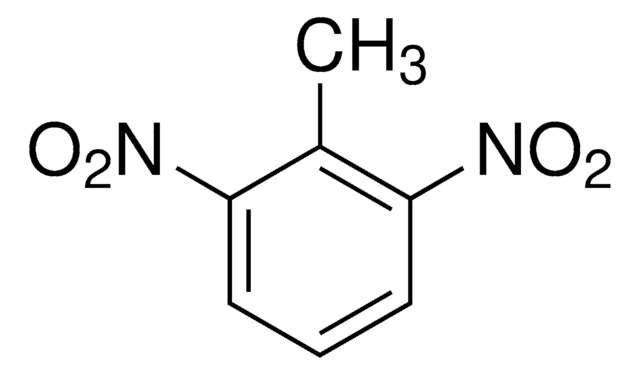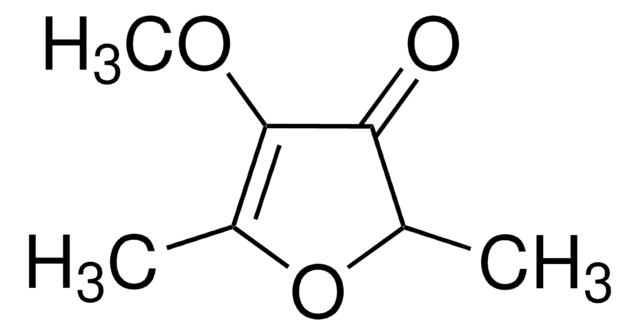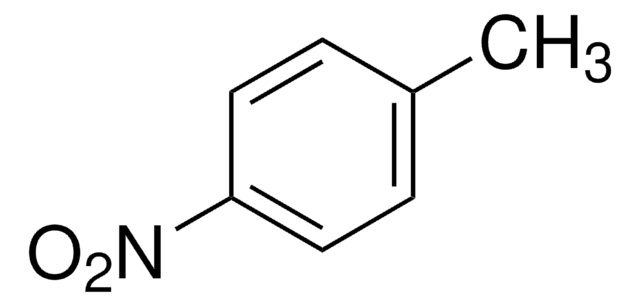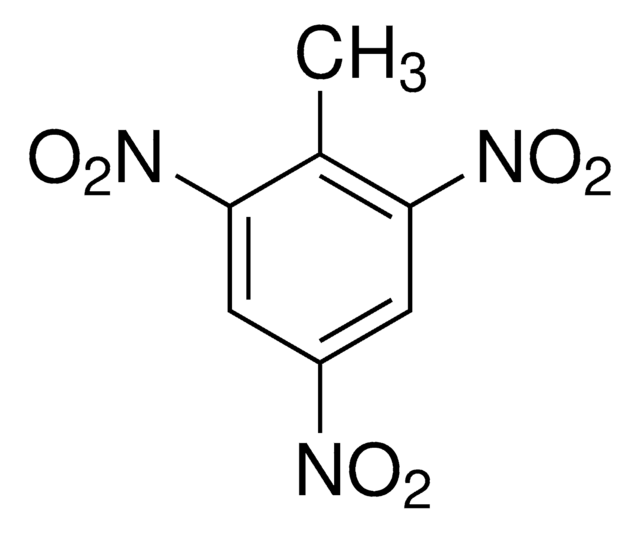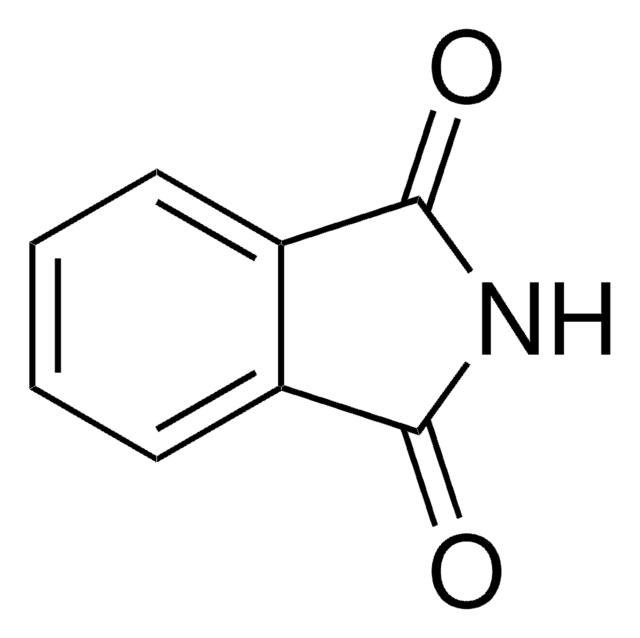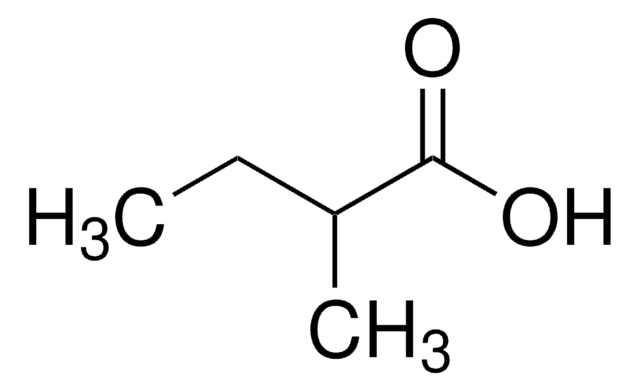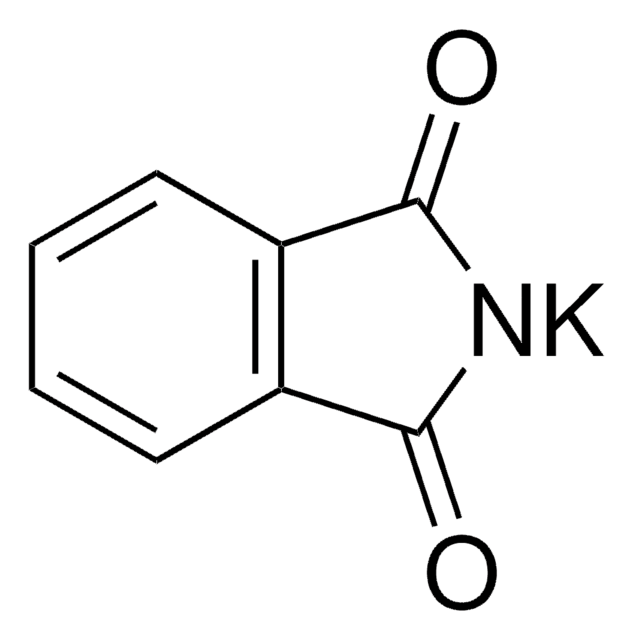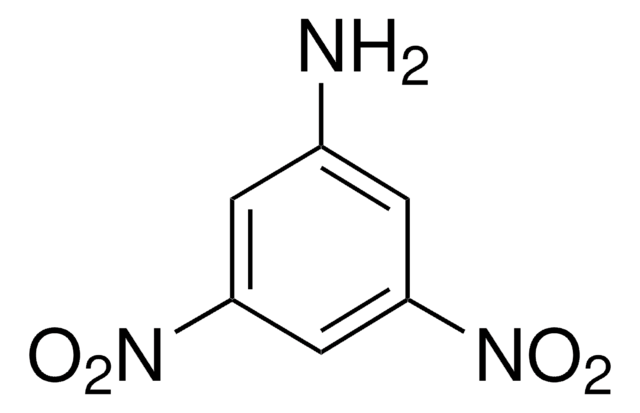About This Item
Recommended Products
vapor pressure
1 mmHg ( 102.7 °C)
Quality Level
Assay
97%
form
solid
mp
67-70 °C (lit.)
SMILES string
CC1=C([N+]([O-])=O)C=C([N+]([O-])=O)C=C1
InChI
1S/C7H6N2O4/c1-5-2-3-6(8(10)11)4-7(5)9(12)13/h2-4H,1H3
InChI key
RMBFBMJGBANMMK-UHFFFAOYSA-N
Looking for similar products? Visit Product Comparison Guide
Signal Word
Danger
Hazard Statements
Precautionary Statements
Hazard Classifications
Acute Tox. 3 Dermal - Acute Tox. 3 Oral - Aquatic Acute 1 - Aquatic Chronic 1 - Carc. 1B - Muta. 2 - Repr. 2 - STOT RE 2
Storage Class Code
6.1A - Combustible acute toxic Cat. 1 and 2 / very toxic hazardous materials
WGK
WGK 3
Flash Point(F)
311.0 °F - closed cup
Flash Point(C)
155.0 °C - closed cup
Personal Protective Equipment
Regulatory Listings
Regulatory Listings are mainly provided for chemical products. Only limited information can be provided here for non-chemical products. No entry means none of the components are listed. It is the user’s obligation to ensure the safe and legal use of the product.
PDSCL
Deleterious substance
PRTR
Class I Designated Chemical Substances
FSL
Group 5: Self-reactive substances
Nitro compounds
Hazardous rank I
1st self-reactive materials
ISHL Indicated Name
Substances Subject to be Indicated Names
ISHL Notified Names
Substances Subject to be Notified Names
JAN Code
101397-BULK:
101397-VAR:
101397-1KG:4548173101927
101397-100G:4548173101910
101397-500G:
101397-5G:4548173101934
Certificates of Analysis (COA)
Search for Certificates of Analysis (COA) by entering the products Lot/Batch Number. Lot and Batch Numbers can be found on a product’s label following the words ‘Lot’ or ‘Batch’.
Already Own This Product?
Find documentation for the products that you have recently purchased in the Document Library.
Our team of scientists has experience in all areas of research including Life Science, Material Science, Chemical Synthesis, Chromatography, Analytical and many others.
Contact Technical Service